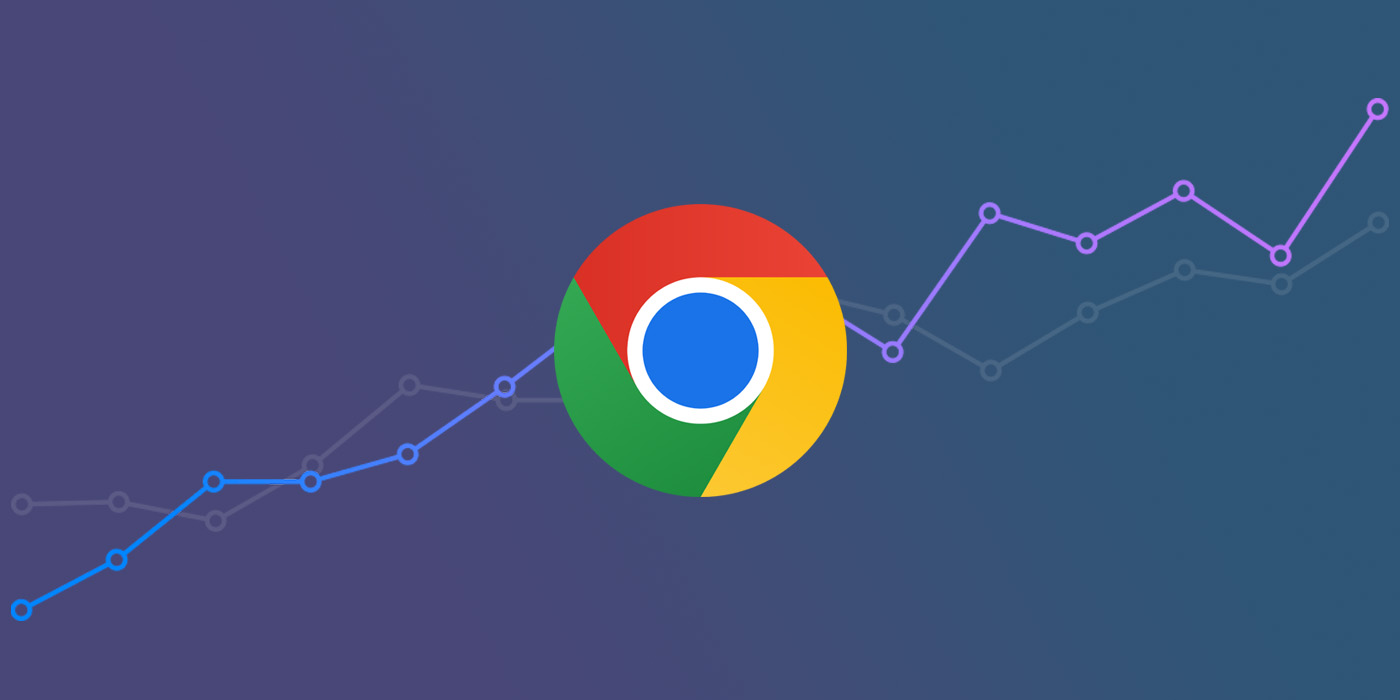
Google Chrome is the world’s most popular internet browser, but it’s also notorious for eating up battery life in many cases. However, a new behind-the-scenes change may help that going forward.
In the latest updates to Google Chrome, a new flag has surfaced that shows a potential source of battery savings from the browser. Titled “quick intensive throttling,” this upcoming feature stops background pages from eating up excessive battery life.
The tweak was first spotted by the folks over at About Chromebooks in the Chrome OS 105 update, but it actually applies to all platforms that offer Google Chrome – Windows, macOS, and Linux included.
How does this work?
“Quick intensive throttling” in Chrome stops background pages from loading JavaScript elements after 10 seconds, down from the previous limit of five minutes. Google explains:
For pages that are loaded when backgrounded, activates intensive throttling after 10 seconds instead of the default 5 minutes. Intensive throttling will limit wake ups, from setTimeout and setInterval tasks with a high nesting level and delayed scheduler.postTask tasks, up to 1 per minute.
In a further comment, Google translates that to something a bit more relatable.
This is expected to extend battery life. An experiment on the Canary and Dev channels did not reveal any regression to our guiding metrics and there are significant improvement[s] (~10%) to CPU time when all tabs are hidden and silent.
Of course, this only applies under the right circumstances. For most folks, the battery life savings will come when opening several tabs at once. If a page is opened up in a new tab, but not immediately interacted with, this change would prevent that tab from fully loading and, in turn, eating up your battery. But this really only applies if the page you’re visiting relies heavily on JavaScript.
This change is only showing up for the time being in the Dev channel, so it might be a while before it expands to everyone in the Stable channel.
More on Google Chrome:
- Google Chrome set to expand translate options to include selected text, more languages
- How to use Google Chrome’s ‘Reading list’
- Did you know Chrome has its own Task Manager on Windows? Here’s how to use it
FTC: We use income earning auto affiliate links. More.


Comments